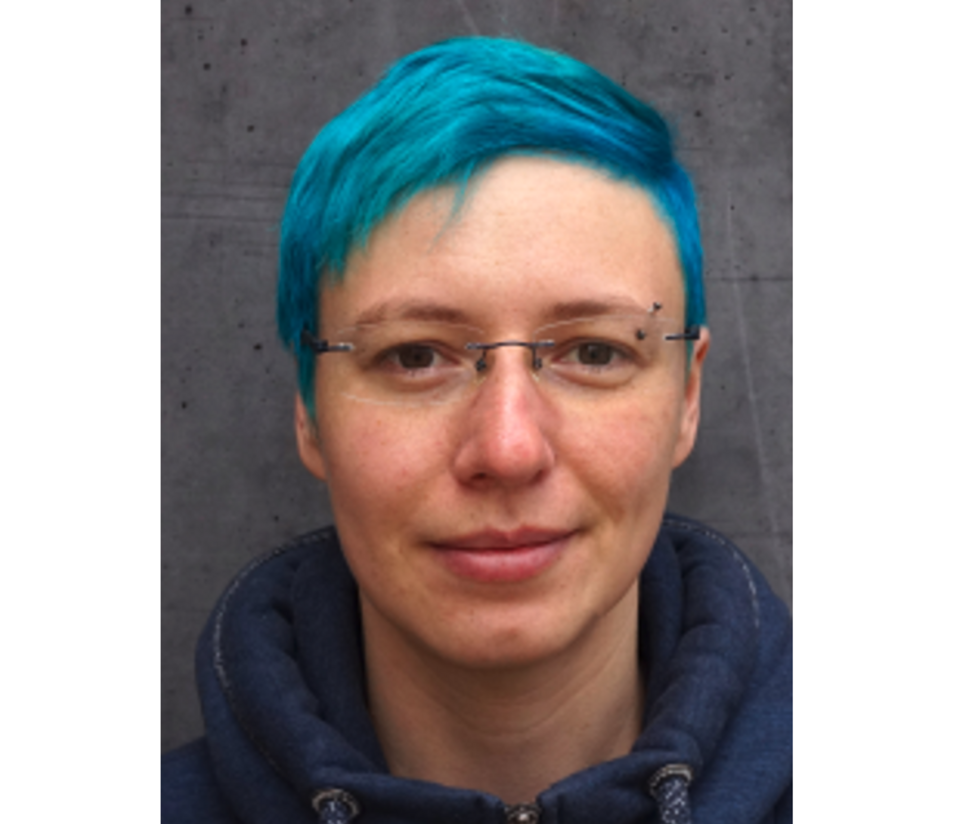Language: English
Schedule: Tuesday, May 11, 2021, 10:00am to 11:00am CET
as part of the Seminar “FOSE A” by Prof. Annie Waldherr
Open or closed? Agent-based Simulations of SARS-CoV-2 Prevention Measures in Schools.
How to safely maintain schools open during a pandemic is still controversial. We aim to identify those measures that effectively control the spread of SARS-CoV-2 in schools. By control we mean that each source case infects less than one other person on average. Here, we analyze Austrian data on 616 clusters involving 2,822 student-cases and 676 teacher-cases with the aim to calibrate an agent-based epidemiological model in terms of cluster size and transmission risk depending on age and clinical presentation. With this model, we quantify the impact of preventive measures such as room ventilation, reduction of class size, wearing of masks during lessons, and school entry testing by SARS-CoV2-antigen tests. We find that different school types require different combinations of measures to achieve control of the infection spreading: In primary schools, it is necessary to combine at least two of the aforementioned measures. In secondary schools, where contact networks of students and teachers become increasingly large and dense, a combination of three measures is needed.
About the Guest
Jana Lasser is a PostDoc at David Garcia's Computational Social Science lab at the Graz University of Technology and the Complexity Science Hub Vienna.
For her PhD in physics, she conducted research on pattern formation in salt deserts at the Max Planck Institute for Dynamics and Self-Organization and she received her degree from the Georg-August-University in Göttingen, Germany in 2019. Jana’s current research activity centres around emergent phenomena in complex social systems. She employs methods from machine learning, data science, sociophysics to understand a diverse range of topics, from emotion dynamics to the spread of diseases and misinformation in the field of Computational Social Science.
Registration
Everyone is welcome to attend the guest lecture and join the discussion!
As the lecture will be held as part of a seminar, please contact Sarah Epp-Kampl to receive the link to the virtual venue: sarah.epp-kampl@univie.ac.at
We are looking forward to your participation and an interesting discussion.

